
Iceland is one of the most beautiful and unique countries in the world, boasting dramatic natural landscapes such as snow-topped mountains, lava formations, glaciers, waterfalls, thermal baths, and geysers. The country boasts Europe’s largest waterfall and glacier and offers a number of incredible once-in-a-lifetime experiences, as well as charming cities and cultural sites. Brightsun Travel offers cheap holiday packages to Iceland.
Book a holiday to Iceland and look forward to taking a dip in the dazzling Blue Lagoon, embarking on the Golden Circle tour of the country’s south coast, and taking part in a whale watching excursion. Iceland is perhaps best known for being a fine place to spot the aurora borealis, aka the northern lights. If you’d like to witness this natural phenomenon, we recommend that you visit in winter between October-March.
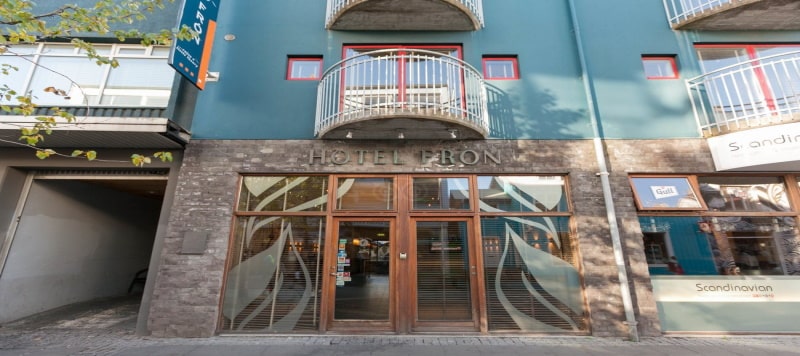
Laugavegur 22A, 101 Reykjavík, Iceland
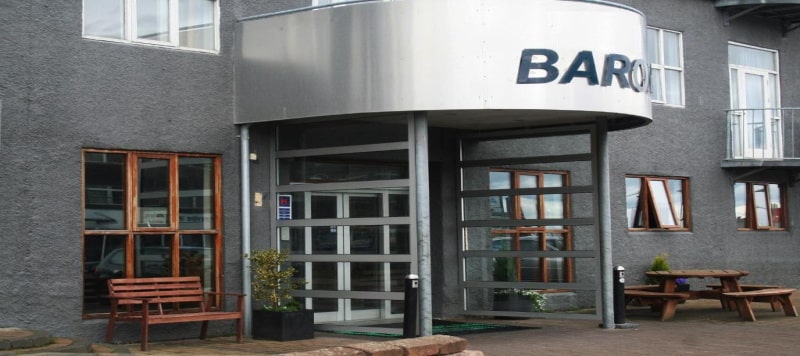
Barónsstígur 2-4, 101 Reykjavík, Iceland
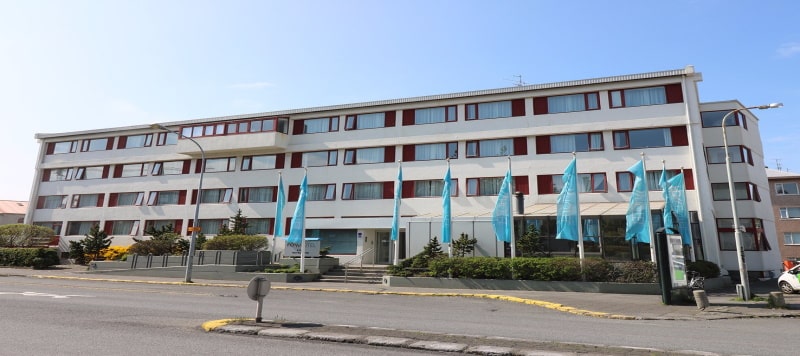
Rauðarárstígur 18, 105 Reykjavík, Iceland
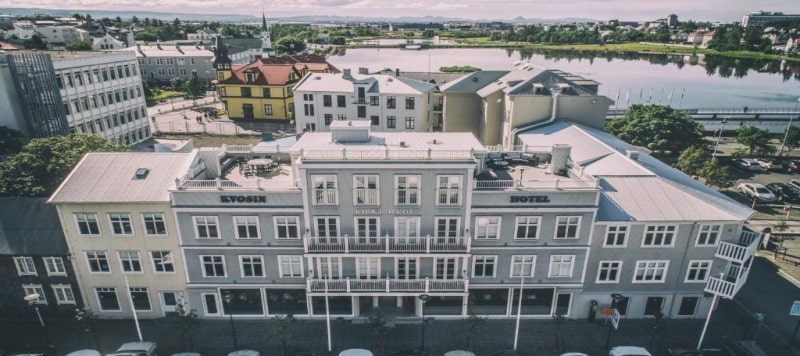
Kirkjutorg, 101 Reykjavík, Iceland
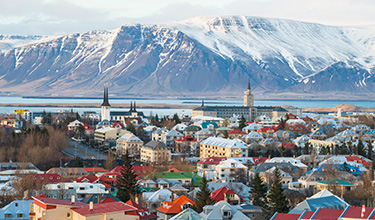
Reykjavik overlooks Faxafloi Bay in the south-west of Iceland. The city dates from the ninth century when sea-fearing Vikings established a settlement they called the Bay of Smoke. Reykjavik has grown into a large, modern city, but still retains typical Nordic charm. Buildings are painted in vivid colours to brighten the long, dark winters. Luckily, Reykjavik is far from dull. There are plenty of exciting activities and a busy nightlife with restaurants, clubs and regular live events including the Iceland Airwaves Music Festival. The location is ideal for exploring Iceland's distinctive landscape that's still being shaped by live volcanoes.
Currency:You’ll be spending Icelandic Krona.
Language:Icelandic! Though English is widely spoken.
Local Time:Iceland matches GMT all year round.
Flight time from the UK:Approximately three hours.
Tourist Information: Visit the official Icelandic tourist information site for lots of helpful information regarding upcoming events, where to go, what to do, and how to get around.
Health/Travel Restrictions:To travel to Iceland, British citizens need a valid passport. A visa is not required. For up to date travel advice and health recommendations visit the government’s travel advice for Iceland.
A: Vaccinations for COVID-19, tetanus, and rabies are recommended, but not compulsory, for vulnerable people.
A: May to July offers the mildest weather. For those wanting to see the Northern Lights in all their glory, we recommend November to February as the prime time though be aware the weather will be (very) cold.
A: The ice caves of Langjokull Glacier is a fantastic trip.
A: Ten days should be enough time to see just about everything Iceland has to offer.
Reykjavik's bewitching natural scenery dominates the city. The Haligrimskirkja church features a revolving glass dome to capture maximum daylight while keeping the landscape in view. The Perlan science museum has a glass domed roof and a planetarium. There are many museums and art galleries devoted to Viking culture and ancient poetic sagas.
Everyone visits the Blue Lagoon, a mineral-rich lake that's surrounded by mountains. It's warmed by the local power station, demonstrating Reykjavik's determination to be one of the world's greenest cities. The Golden Circle includes Iceland's most popular landmarks. The Thingvellir National Park is where two tectonic plates are located; at the point where their edges meet there is a deep lake where diving and snorkelling is an unforgettable experience.
Iceland has numerous geo-thermal geysers, including Strokkur, which erupts to a height of 20 metres every few minutes. Iceland is famous for its waterfalls, most notably the Gullfoss, which flows over two wide, deep ridges, and the semicircular Hravnfossar in the desolate Borgarfjordur region. Iceland is an ideal place to view the northern lights, Aurora Borealis. One of the most popular outdoor activities is watching whales swimming in the Atlantic Ocean.
Summers last from May to July and feature almost continuous daylight. The warmest month is July where the average temperature reaches 13°C (56°F). There are occasional heatwaves of up to 20°C (68°F). Winter months have virtually no daylight and feature strong gales. The coldest month is January, with temperatures in Reykjavik falling to -1.5°C (29°F). The wettest month is December, with rainfall averaging 94 mm (4 inches). March usually has the highest average snowfall of around 23 mm (9 inches).
© 2021 Brightsun Travel